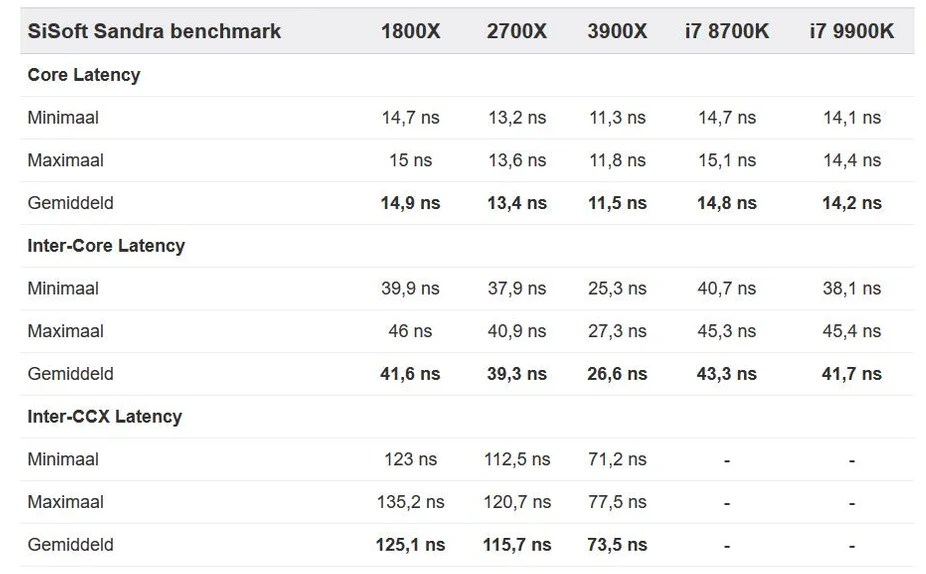Yes, many modern games use more than 4 cores... kind of. There is a big jump from 4c/4t CPUs to 4c/8t or 6c/6t CPUs with same OC speed and uarch. There's a smaller jump from that to 6c/12t or 8c/8t. From that to 8c/16t, it's almost nothing (indeed, sometimes a regression, due to SMT overhead).
Now, that being said, a few years ago, we were struggling to see significant gains from > 4c/8t, and in some cases, 4c/4t. So in the last couple of years since Ryzen launched (and since Intel likewise started scaling core count), we have seen progress on this front. However, as some other folks pointed out, there are diminishing returns. Do I think we're stalled now? No, not really. But the gains to be had in gaming from core count scaling are not infinite. And they aren't coming quickly. And likely they will be tied to new game features.
Anyway, evidence in favor of my claim is below (from GN). You can see that 4c/4t CPUs are essentially worthless. You can also see that the highly OC'd 7700k is well behind its similarly-OCed 8700k, 9700k, and 9900k brothers, albeit still quite good (and better than the Zen+ line-up by a hair).
https://www.gamersnexus.net/images/media/2018/cpus/9700k/intel-i7-9700k-aco-1080p.png
I wouldn't call 4C/4T worthless, for the vast majority of users out there, it is still pretty usable in games, a 7600K is still pretty decent for running vast majority of games, heck even R1200 is still pretty usable despite its low clock speed in most games.
![[H]ard|Forum](/styles/hardforum/xenforo/logo_dark.png)

